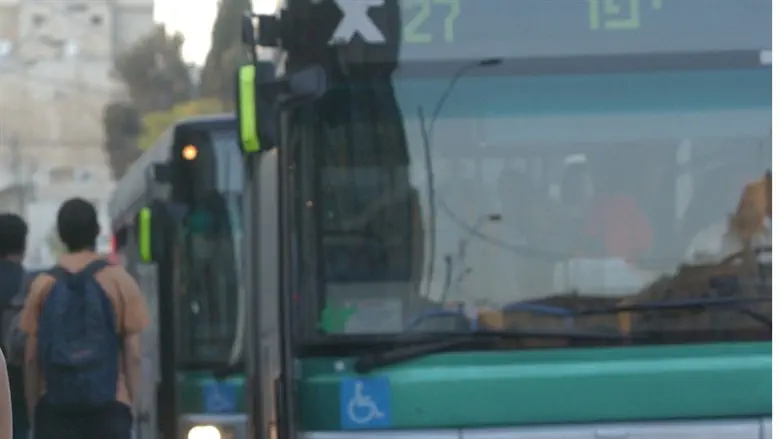
Public transportation fares in Israel are expected to rise by up to 12% starting in June, according to a report by Channel 12 News.
The cost of a single bus fare could increase from the current NIS 8 to approximately NIS 9, unless a solution is found to prevent the hike.
At the same time, officials are reportedly trying to delay the fare increase by a year. However, postponing the rise would require the government to allocate an additional NIS 100 million in subsidies, which would be funded by taxpayers. It remains unclear whether these efforts to freeze the prices will succeed.
This upcoming fare hike comes just two months after the previous increase initiated by Transportation Minister Miri Regev. In April, bus fares jumped from NIS 6 to NIS 8 - a 33% rise. Combined with the anticipated June increase, fares will have risen by nearly 49% within a single year. Light rail fares in Jerusalem and the Tel Aviv area also saw similar increases in February.
The April hike was intended to prevent a NIS 700 million cut to the Transportation Ministry's development budget, part of across-the-board government spending cuts linked to the ongoing war. The decision was agreed upon by Minister Regev and Finance Minister Bezalel Smotrich during 2025 budget discussions. The ministry explained that the fare increase was meant to align with the OECD average.
At the time, Regev said the higher fares would provide dedicated funding for the war effort and significantly expand service frequencies and routes. Concurrently, the second phase of the “Transportation Justice” reform she initiated took effect, introducing widespread fare discounts.
Under the reform, the eligibility age for free travel was lowered from 75 to 67, and a 50% discount on monthly passes was granted to residents of lower socio-economic clusters (1-5). The plan also included a 33% discount for passengers under age 26 and a one-year free travel benefit for discharged soldiers. These discounts apply only to monthly passes, not single trips.
Despite these benefits, the reform faced heavy criticism. Only 400,000 out of 2.8 million eligible individuals have managed to utilize the discounts—just 14%. Shahar Bar, a transportation official in the Finance Ministry, noted, “75% of passengers will pay a reduced fare. That’s a staggering figure not seen anywhere else in the world.”
If implemented, the latest fare hike would place Israel among the most expensive countries globally for public transportation. For comparison, a bus ride in London costs about NIS 8.5, and in Tokyo around NIS 7.
